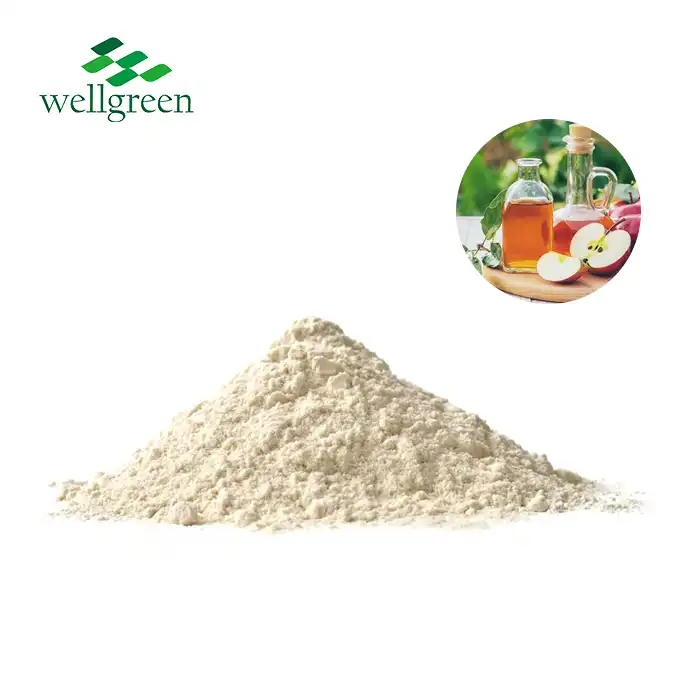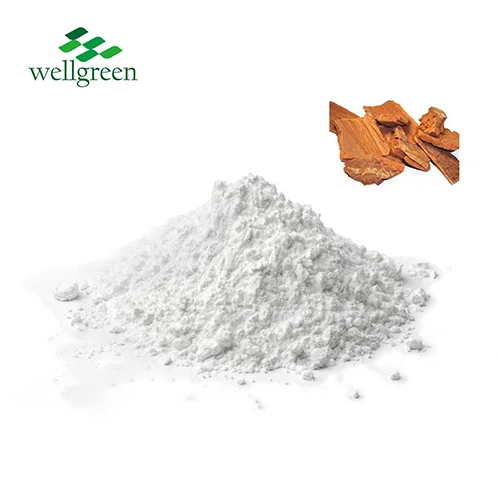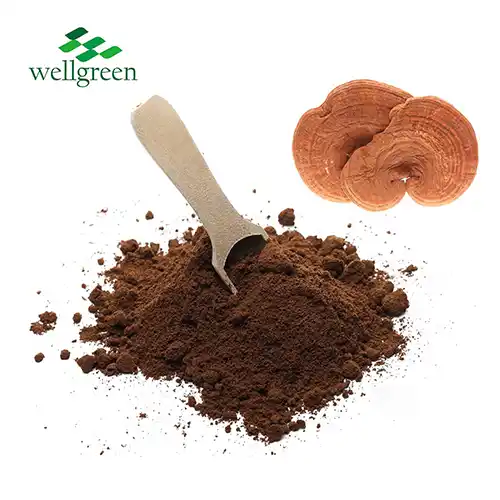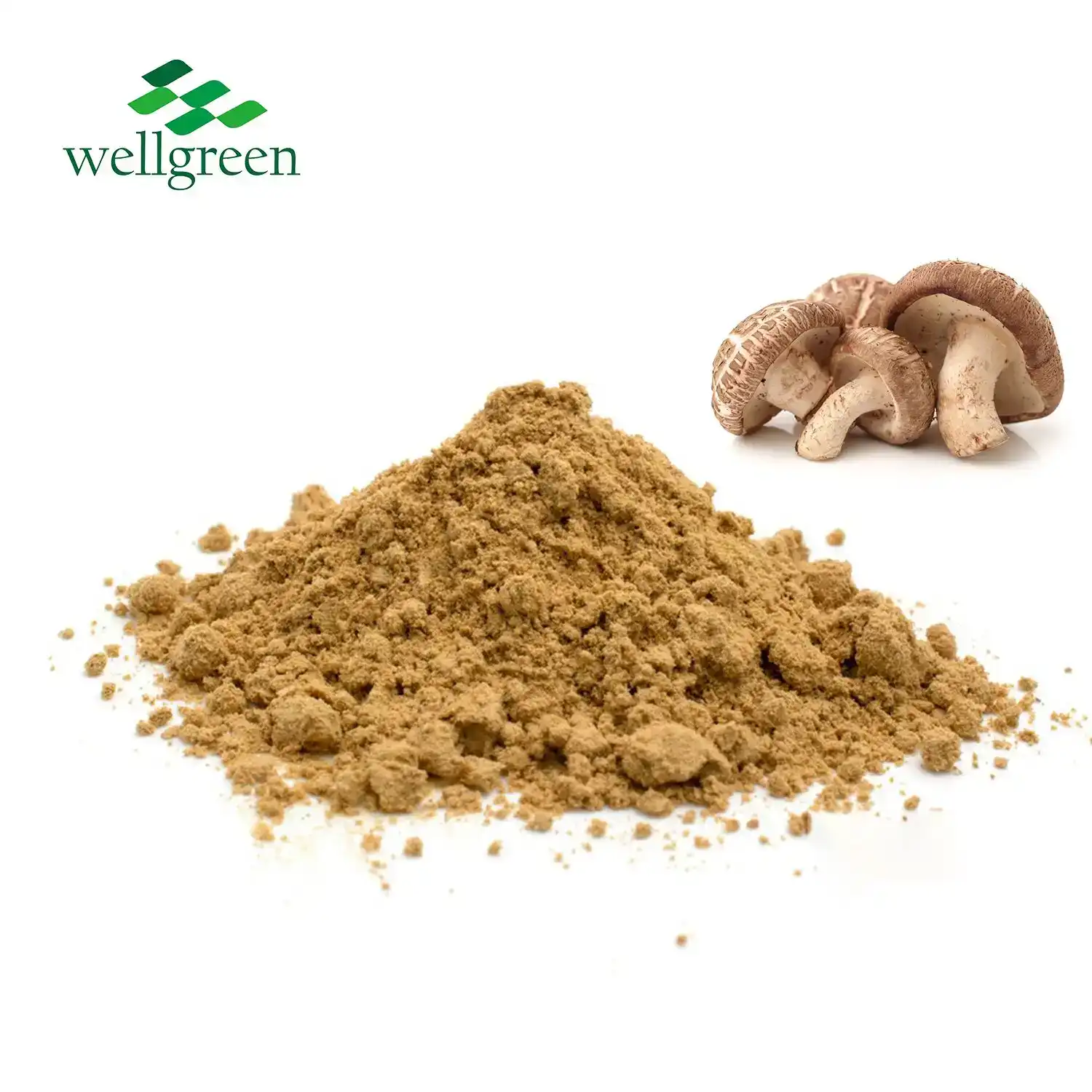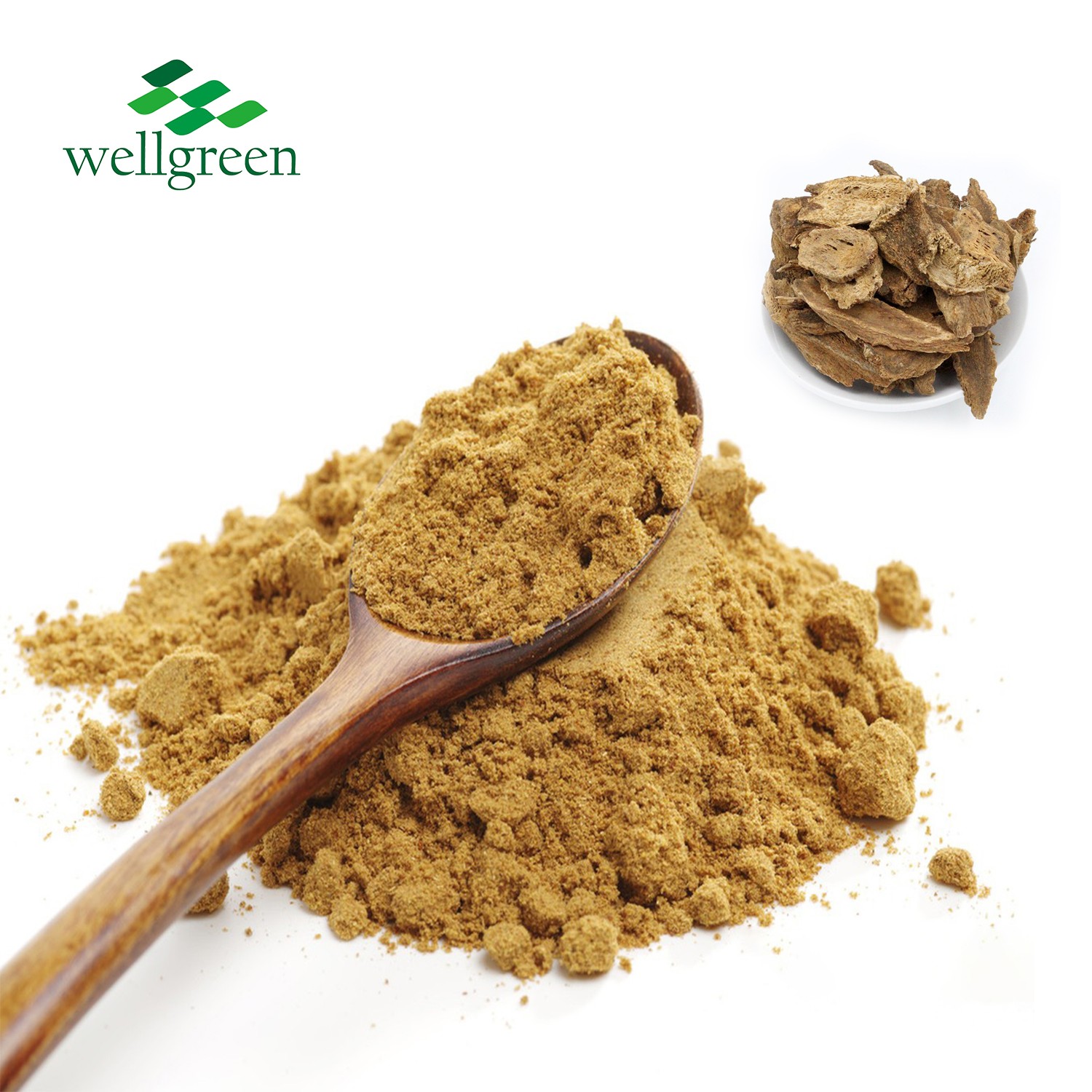How Prickly Pear Extract Supports Digestive and Immune Health?
2025-08-21 11:13:22
Prickly pear extract, derived from the Opuntia ficus-indica cactus, offers a wealth of benefits for digestive and immune health. This natural supplement contains a unique blend of compounds that work synergistically to promote gut balance and boost the body's natural defenses. Rich in fiber, antioxidants, and bioactive phytochemicals, prickly pear cactus extract supports digestive function by enhancing nutrient absorption, promoting beneficial gut bacteria, and reducing inflammation in the gastrointestinal tract. Additionally, its immune-modulating properties help strengthen the body's resistance to pathogens and environmental stressors. By incorporating prickly pear extract into your wellness routine, you can harness the power of this desert plant to optimize your digestive and immune systems, leading to improved overall health and vitality.

Which Compounds Aid Digestive Balance in Prickly Pear?
Mucilage: Nature's Gut Soother
Prickly pear cactus extract contains abundant mucilage, a viscous, gel-like substance that plays a crucial role in supporting digestive health. This natural compound forms a protective layer along the gastrointestinal tract, soothing irritated tissues and reducing inflammation. Mucilage acts as a natural lubricant, facilitating the smooth passage of food through the digestive system and alleviating symptoms of acid reflux and heartburn. Its ability to absorb excess water in the intestines can help regulate bowel movements, making it beneficial for both constipation and diarrhea.
Betalains: Antioxidant Powerhouses
Betalains, the vibrant pigments responsible for the prickly pear's distinctive color, are potent antioxidants that contribute significantly to digestive health. These compounds help neutralize harmful free radicals in the gut, reducing oxidative stress and inflammation. By protecting the delicate lining of the gastrointestinal tract from damage, betalains support overall digestive function and may help prevent various digestive disorders. Research suggests that betalains from prickly pear extract may also have prebiotic effects, promoting the growth of beneficial gut bacteria and enhancing the gut microbiome's diversity.
Pectin: A Prebiotic Fiber for Gut Health
Prickly pear extract is rich in pectin, a type of soluble fiber that acts as a prebiotic in the digestive system. Pectin serves as a food source for beneficial gut bacteria, promoting their growth and activity. This, in turn, helps maintain a healthy balance of gut microbiota, which is essential for proper digestion, nutrient absorption, and immune function. Pectin also helps regulate blood sugar levels by slowing down the absorption of carbohydrates, which can be particularly beneficial for individuals with diabetes or those looking to manage their weight.
Fiber and Phytochemicals That Support Gut Function
Insoluble Fiber: Nature's Digestive Broom
Prickly pear cactus extract contains a significant amount of insoluble fiber, which plays a vital role in maintaining digestive health. This type of fiber does not dissolve in water and passes through the digestive system largely intact. As it moves through the intestines, insoluble fiber adds bulk to the stool, promoting regular bowel movements and preventing constipation. It also helps to cleanse the colon by binding to toxins and waste materials, facilitating their removal from the body. The mechanical action of insoluble fiber as it moves through the digestive tract can help stimulate the muscles of the intestinal walls, improving overall gut motility.
Flavonoids: Anti-inflammatory Allies
Prickly pear extract is abundant in flavonoids, a class of phytochemicals with potent anti-inflammatory and antioxidant properties. These compounds help reduce inflammation throughout the digestive system, which can be particularly beneficial for individuals suffering from inflammatory bowel conditions such as Crohn's disease or ulcerative colitis. Flavonoids also support the integrity of the gut lining, helping to maintain the tight junctions between cells and prevent the development of leaky gut syndrome. By modulating the immune response in the gut, flavonoids contribute to a balanced and healthy digestive environment.
Phenolic Compounds: Digestive Enzyme Enhancers
The phenolic compounds found in prickly pear cactus extract have been shown to enhance the activity of digestive enzymes. These natural chemicals can help stimulate the production and release of enzymes such as amylase, lipase, and protease, which are essential for breaking down carbohydrates, fats, and proteins, respectively. By optimizing enzyme function, phenolic compounds from prickly pear extract can improve nutrient absorption and overall digestive efficiency. This enhanced enzymatic activity may also help alleviate symptoms of indigestion and bloating, promoting greater comfort after meals.
How Prickly Pear Enhances Natural Immune Defense?
Vitamin C: Boosting Immune Cell Function
Prickly pear extract is a rich source of vitamin C, a powerful antioxidant that plays a crucial role in supporting the immune system. Vitamin C enhances the production and function of white blood cells, particularly neutrophils, lymphocytes, and phagocytes, which are essential for fighting off pathogens and foreign invaders. This nutrient also helps protect immune cells from damage caused by free radicals, ensuring they remain effective in their defense roles. Additionally, vitamin C supports the production of interferon, a protein that helps prevent viruses from replicating and spreading throughout the body.
Polysaccharides: Immunomodulatory Effects
The polysaccharides found in prickly pear cactus extract have been shown to possess significant immunomodulatory properties. These complex carbohydrates can interact with immune cells, stimulating their activity and enhancing the body's overall immune response. Research suggests that prickly pear polysaccharides may increase the production of cytokines, signaling molecules that help coordinate immune responses. By modulating the immune system, these compounds can help maintain a balanced immune function, neither overactive nor suppressed, which is crucial for optimal health and disease prevention.
Antioxidants: Protecting Immune Cells from Oxidative Stress
Prickly pear extract is rich in a variety of antioxidants, including betalains, flavonoids, and phenolic compounds, which work together to protect immune cells from oxidative stress. Oxidative stress can damage cellular components, including those of immune cells, potentially compromising their function. By neutralizing free radicals and reducing oxidative damage, these antioxidants help maintain the integrity and effectiveness of immune cells. This protective effect ensures that the immune system remains robust and capable of mounting appropriate responses to pathogens and other threats. The antioxidant properties of prickly pear extract may also help reduce chronic inflammation, which can otherwise lead to immune system dysregulation.
Conclusion
Prickly pear extract emerges as a potent natural ally in supporting both digestive and immune health. Its unique blend of compounds, including mucilage, betalains, fibers, and antioxidants, work synergistically to promote gut balance, enhance nutrient absorption, and strengthen the body's natural defenses. By incorporating prickly pear cactus extract into your wellness routine, you can harness the power of this desert plant to optimize your digestive function and bolster your immune system, paving the way for improved overall health and vitality.
Contact Us
Ready to experience the benefits of prickly pear extract for yourself? Contact Xi'an Wellgreen, your trusted supplier of high-quality plant extracts, at wgt@allwellcn.com to learn more about our premium prickly pear cactus extract and how it can support your health goals.
References
1. El-Mostafa, K., et al. (2014). Nopal cactus (Opuntia ficus-indica) as a source of bioactive compounds for nutrition, health and disease. Molecules, 19(9), 14879-14901.
2. Tesoriere, L., et al. (2004). Absorption, excretion, and distribution of dietary antioxidant betalains in LDLs: potential health effects of betalains in humans. The American Journal of Clinical Nutrition, 80(4), 941-945.
3. Frati, A.C., et al. (1990). Influence of nopal intake upon fasting glycemia in type II diabetics and healthy subjects. Archives of Internal Medicine, 150(3), 563-568.
4. Galati, E.M., et al. (2003). Chemical characterization and biological effects of Sicilian Opuntia ficus indica (L.) mill. fruit juice: antioxidant and antiulcerogenic activity. Journal of Agricultural and Food Chemistry, 51(17), 4903-4908.
5. Butera, D., et al. (2002). Antioxidant activities of sicilian prickly pear (Opuntia ficus indica) fruit extracts and reducing properties of its betalains: betanin and indicaxanthin. Journal of Agricultural and Food Chemistry, 50(23), 6895-6901.
6. Allegra, M., et al. (2014). The effect of betalains on the redox-regulated pathways of cell proliferation and apoptosis. Free Radical Research, 48(2), 162-171.

